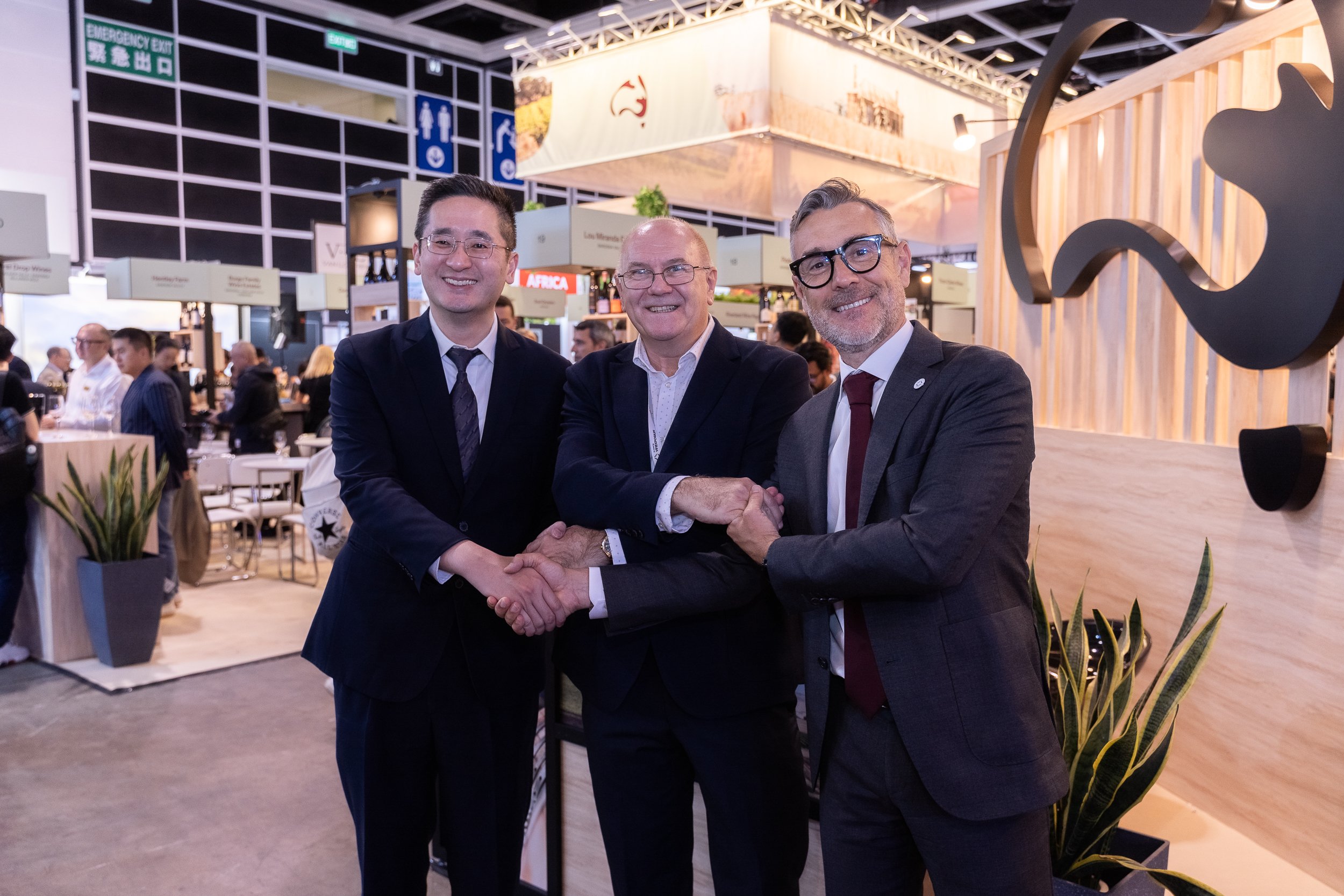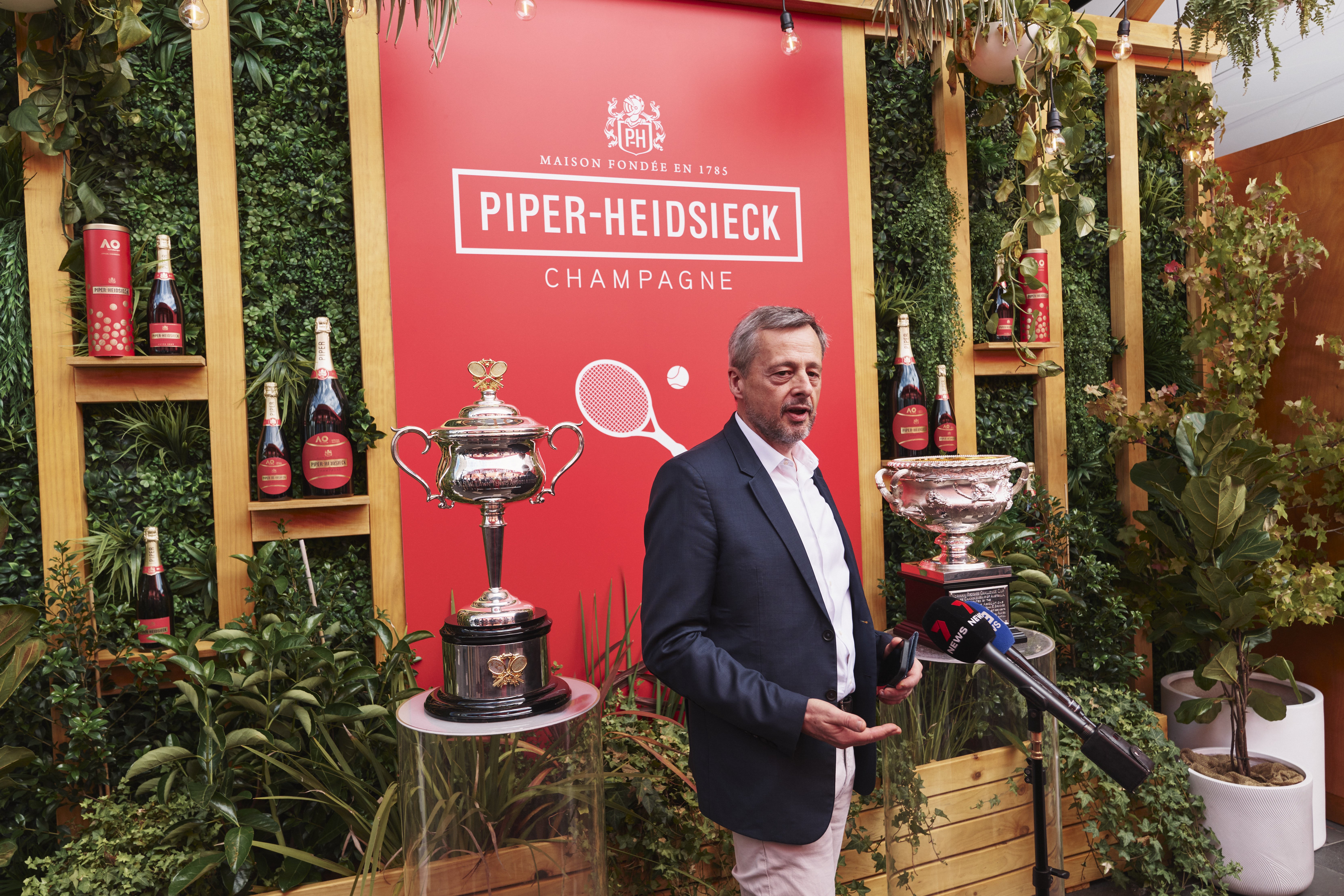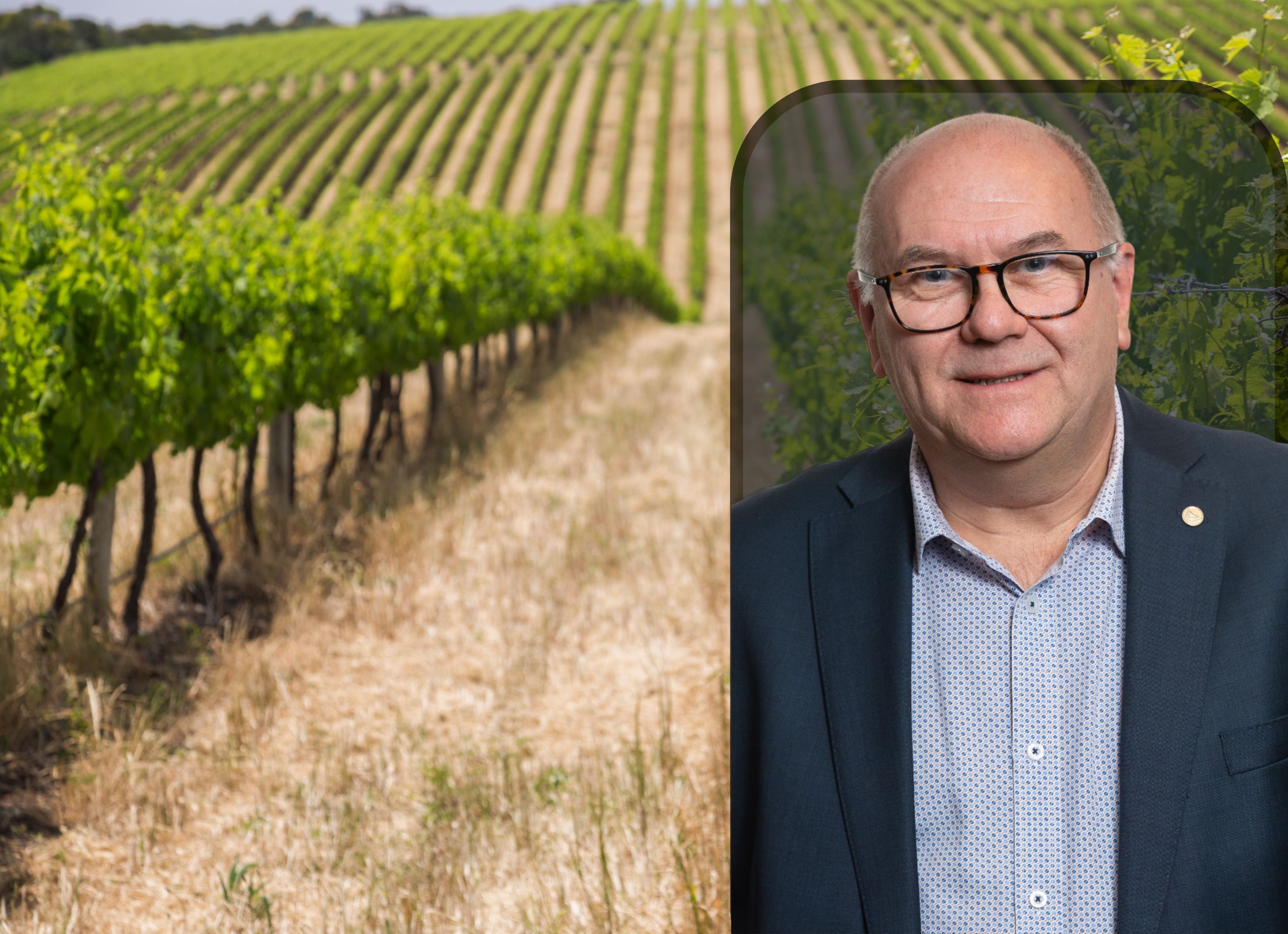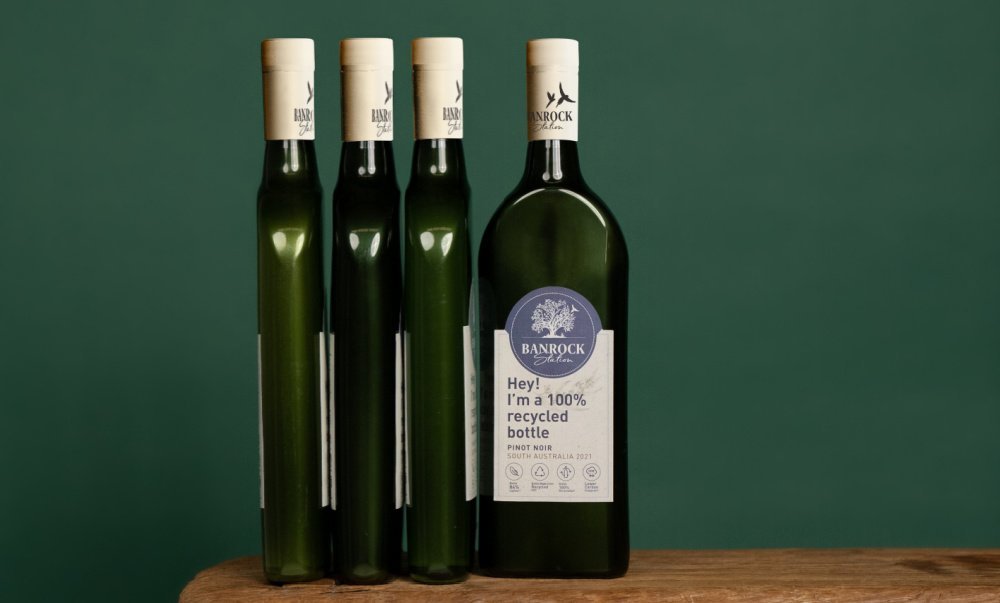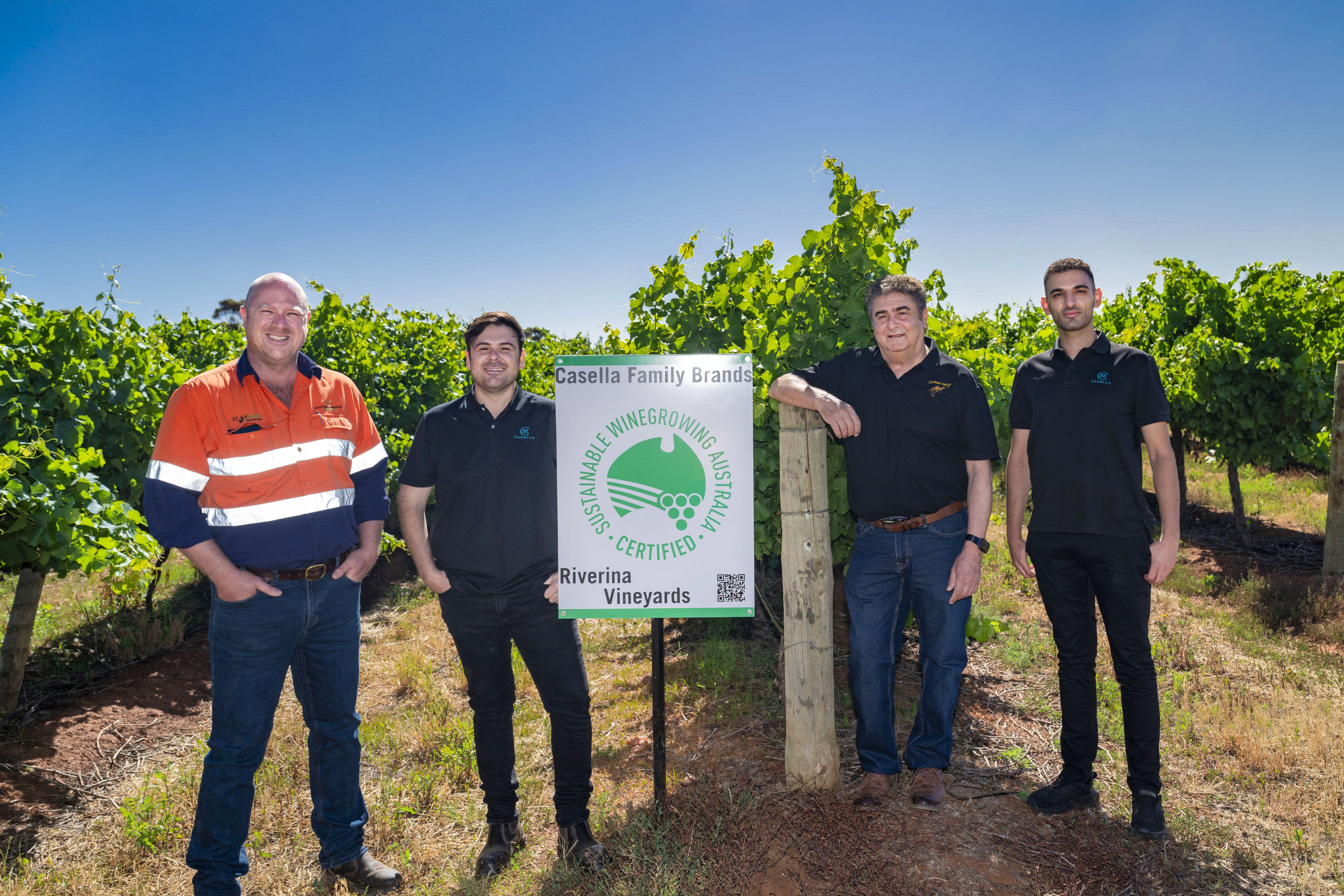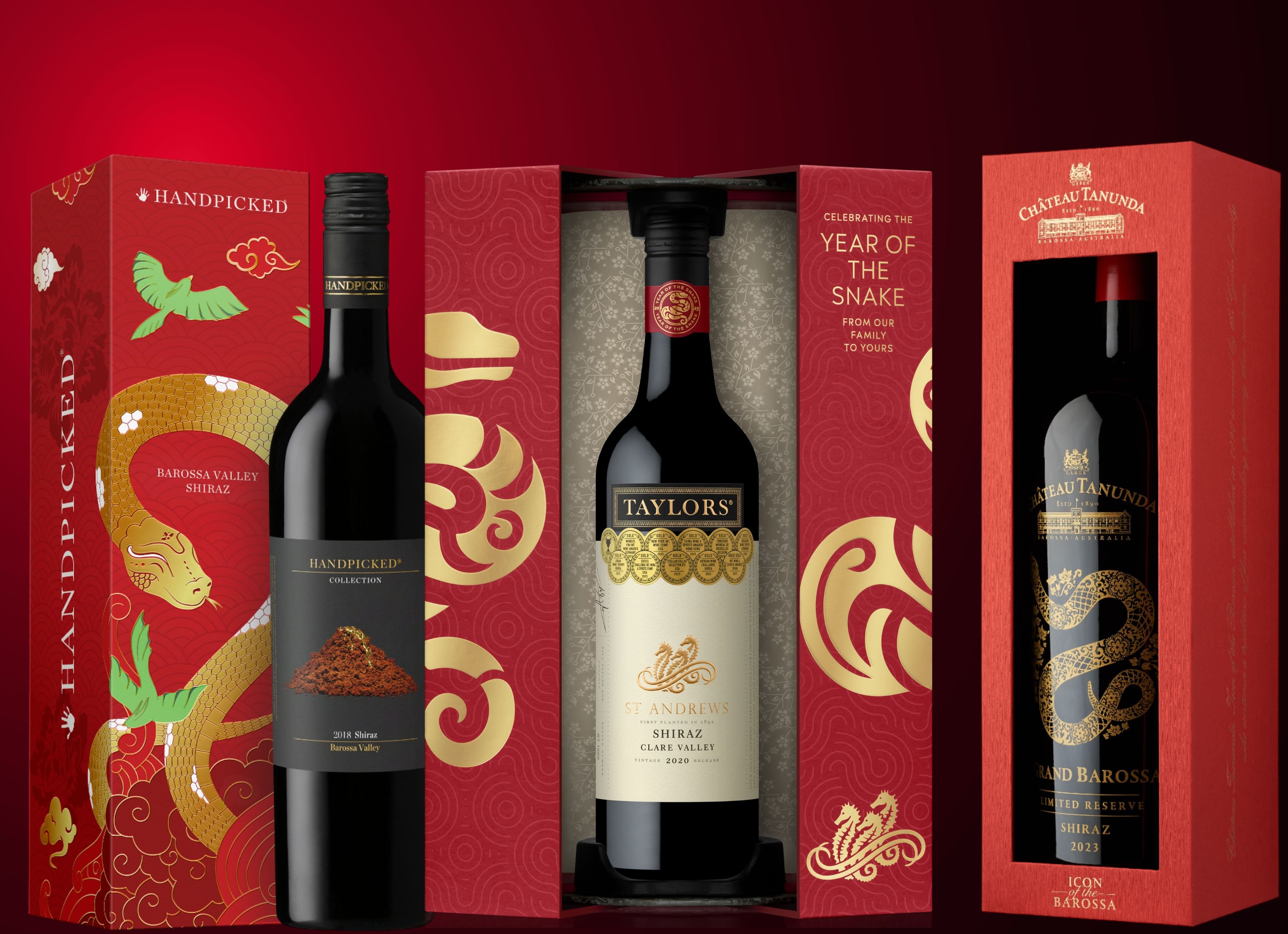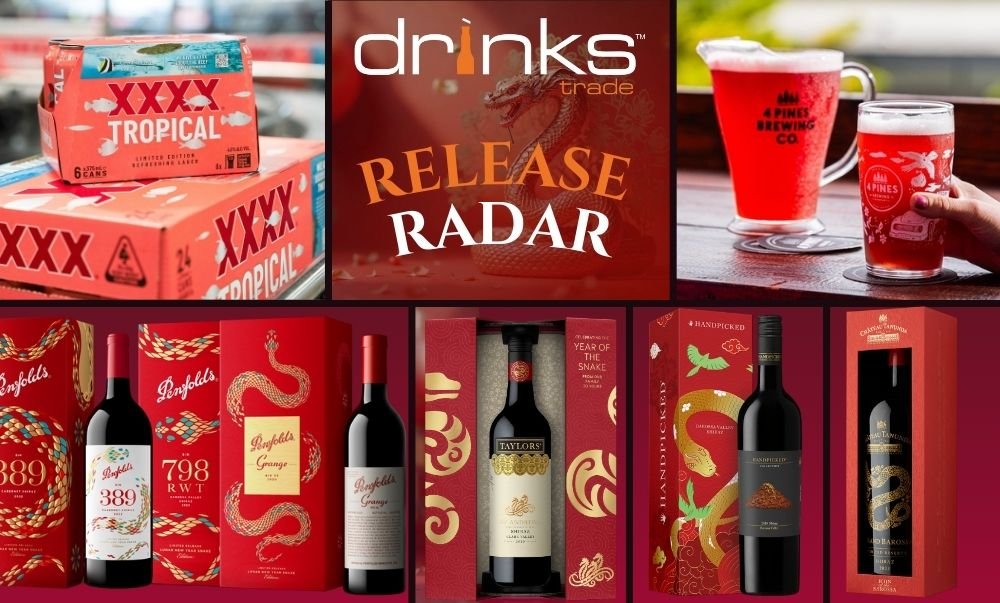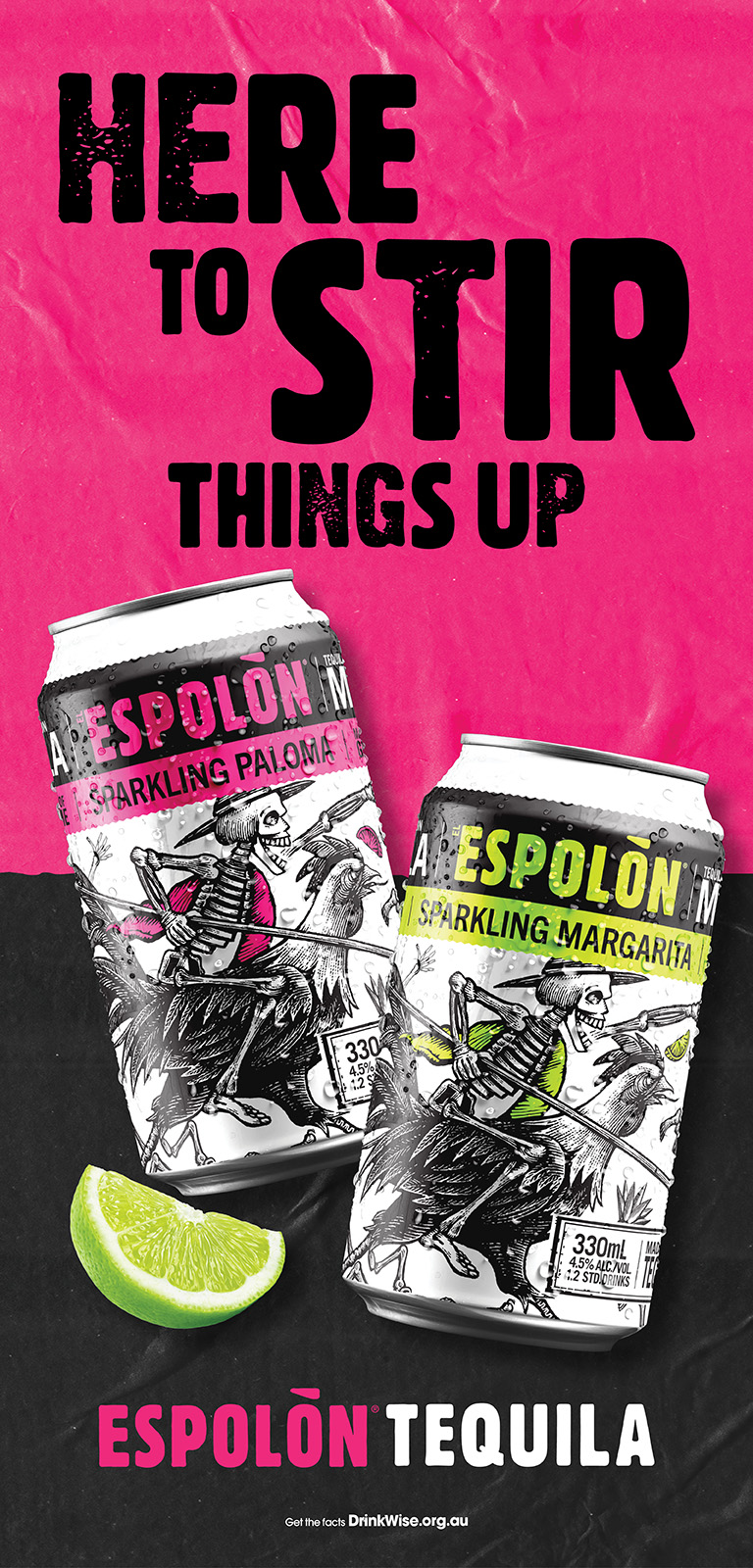During last week’s Vinexpo Asia, Drinks Trade staff sat down Martin Cole, CEO, to discuss Wine Australia's future plans, current pressures facing Australia's wine industry, and the re-opening of the Chinese market.
Here’s what Martin Cole had to say.
Drinks Trade: Firstly, how has Vinexpo been going for Wine Australia?
Martin Cole: Yeah, really good actually… We haven't been here since 2018, so it seems there's quite a buzz.
What we're hearing is a lot of people are reconnecting with their previous importers and distributors that they've used to have a relationship with.
DT: How important are trade shows such as Vinexpo for Wine Australia?
MC: I mean, Asia itself is over a third of our market at the moment, but obviously, with China coming back on board, the opportunity to have our offering available again for Chinese consumers is really exciting.
Hong Kong is a very important trading hub for the broader region. In Asia more broadly, Asia's already a third of our business; so think of [a] US third, UK and Europe third, and then Asia's just a little bit more than the third.
This is a great opportunity to say we're here, we're back in it.
DT: How has the reintroduction of Australian wine into China been going?
Well, it's early days, but it looks like it will be an important market again. We know the market is not the same as when we left, so its imported wine is down to about a third… [although] the market is still obviously a massive premium market for us. When we were there, we would have the 30% share of the over-$19 USD a bottle business, so we were leading in that premium category. I think what is interesting is that we are also hearing a lot of the other trends that we're seeing in the marketplace, desire for other varieties, lighter offerings, all sorts of things.
Asia's a fantastic opportunity for us on our doorstep. We have an amazing offering in whatever the taste is in different parts of Asia. We have a fantastic price-to-value proposition in all sorts of scenarios.
DT: Since lifting tariffs on Australian wine imports at the end of March, China has threatened to impose similar tariffs on European wine imports… Have you got any thoughts on how that might impact the market?
MC: Yeah, well, we've heard that. Obviously we'll see what that would do to the market. If that did come about, that would be potentially an advantage for us in the China market.
Globally, it's a competition, so we're interested to see how that one plays out. We hope it doesn't play out.
DT: Do the current economic pressures make it harder for Australia’s wine producers to re-enter China?
MC: Look, China's not going to be a silver bullet for us. It's not going to be a panacea. We've got some structural issues still to deal with in terms of the oversupply. That's a global issue as well, that's not just an Australian issue. Globally, we've been making more wine than we're consuming for the last nine years or something like that. That's a global issue.
DT: What is Wine Australia's focus on regarding the China re-entry?
MC: We have a big focus on market diversification in the broader Asian market… Even though China won't be the solution, I think that's a real positive sentiment for the business. We want to see some trends going the other way in terms of price signals and demand for our wine. I passionately believe we've still got a great quality to value proposition. We've certainly got diversity to die for: if you think of 100 varieties across 65 wine regions, we are a continent of wine, not a country of wine, so I feel we've got really some good opportunities.
DT: What is Wine Australia doing to support the industry?
MC: We are looking at new programs of work that we've got a new group putting together - a new consumer insights group, which is, you know: a lot of wineries spend a lot of time and money getting consumer insights, but there's an opportunity, I think, to do more sharing between us around the category, so we have a great group that's just started up with Peter Bailey - the market insights group - to share those consumer insights.
DT: Does Wine Australia focus on regions that need the most assistance or does it divide resources equally?
MC: I would say I have to be Switzerland, so I have to deal with the large players. I also deal with the states and regions level. We already have a pretty good regional program, but we're going to be amplifying that in the future, changing the way that we do extension and adoption through the states and regions… We're going to do a much more national coordination of extension and adoption. We've got to get the states and regions involved, tailoring that for their state and for their wine region and making sure that we're actually co-designing those programs to really get the innovation and the support.
Particularly what we would do is actually have a nationally coordinated extension and adoption, so coordinated by Wine Australia. We're working very closely now with states and regions and wineries to actually make sure that this is a customer-centric approach.
This is not new in other sectors, but for us it's quite a step change. If you put the customer at the heart of what you're trying to do in your program, all of a sudden you're designing programs for the customer, not for yourself.
DT: You mentioned before this will involve the incorporation of Agtech?
MC: Most technology implementation failures are not because of the technology, it's usually that we haven't done a good enough job in actually working with people. It's all about people, really, so understanding how best to have that conversation. For example, our Agtech program, we were trying to present Agtech. Companies present Agtech, researchers present ag-tech; [but it is] much more meaningful if we put it in the hands of growers and they tell their peers, they tell other growers what works, what doesn't work. So putting the ag-tech in the hands of growers and having them tell that story: they'll also tell you if it doesn't work very quickly, but also, importantly, what's of value to them.
That kind of putting the customer first in co-design is going to be more and more important, I think, to get much more. We've got to get much more of perhaps even stuff that we've already pre-invested in. We've got to do a better job of getting that stuff out where it's needed and getting it implemented in terms of innovation things.
DT: Can you explain a little bit more about the programs Wine Australia supports looking at grape varieties better resistant to a warming climate?
MC: So we have a big program of work with the CSIRO. Previously, that work was focused on genetic modification of vines, and that was really good, that's coming up with some new vines that are disease-resistant, but previously you couldn't make a varietal claim off those. So what we've done a couple of years ago when I came on board, we've actually shifted that program now to make use of some of the new gene-editing technology. So it's non-GM and also you can make a varietal claim. Think of a grape vine that is actually more resilient to climate change, adverse weather, disease-resistant, but you can still call it a Chardonnay.
That's one aspect that we're doing with that program. The other aspect is, once you've got that technology base in place, you can then start to introduce different traits that might be meaningful from a flavor or consumer standpoint, so that's really exciting stuff, game-changing stuff.
We know it's happening in other parts of the world, so we need to be in that to win it as well.
DT: What part of Wine Australia’s program are you currently most excited about?
MC: I think we've got a good position to play on sustainability. So that offering there, we know that's going to be an increasingly important thing in some of the markets that we're in. There’s a lot of demand for ESG - not just the environmental, but social and governance aspects - so we've got to be at the forefront of sustainability, that's very important to the next generation of drinkers as well.
We're excited about new innovations. We're excited also about new varieties coming on stream as well. There's a lot of new varieties. Even, you know, here from the Riverland, a lot of folks doing a lot with new varieties through top-work, so there's an exciting number of stories coming through.
Despite all the challenges, there's also some great opportunities to get around the category and make it relevant for the next generation of consumers.
DT: I spoke to Mardi Longbottom about Sustainable Winegrowing Australia recently and she was hesitant to discuss how Australia’s wine industry is tracking towards net zero by 2050. Are you able to comment about that progress?
MC: We've done the roadmap out to 2030, and that's an evidence-based piece of work, which is fantastic. It was signed off and endorsed by our peak body, AGW… That's a play card/a roadmap if you like, pabout] to how to get there. That talks about how we might get there in terms of 42% reduction by 2030.
Clearly what we've got to do now is to translate that into real actions and innovations that will get us there. There's a lot in Scope 3, so packaging and energy use.
It's going to be a full-court press to really show that we're at the forefront of that sustainability in terms of our offer. This is really coming to the fore in a lot of the markets we play, in particular Europe and the Nordics. This is a key issue in terms of our ability to be in those markets even.
DT: Domestically and internationally, how is appetite for Australian wine?
MC: Look, I think we've got work to do on both the domestic and export. We have a pretty finite budget, so we've had some quite good feedback that we need to do more on the domestic market.
We export 60% of the wine that we make, and that's in some markets that are growing.
But equally, we've got to be looking at the category, making it more relevant and fun for the next generation coming through. We're getting, you know, a lot of competition from other beverages, ready-to-drink, spirits, et cetera. So we've got to be in there. We've got to make the category relevant and fun and so innovation around new offerings, new product offerings, new packaging offerings, new occasions. We've got to be in there as wine competing with other beverages.
More content from this email will be published in the upcoming print edition of Drinks Trade Magazine. Click here to read what Martin Cole had to say about the recent changes to Wine Australia's leadership team.
Share the content
